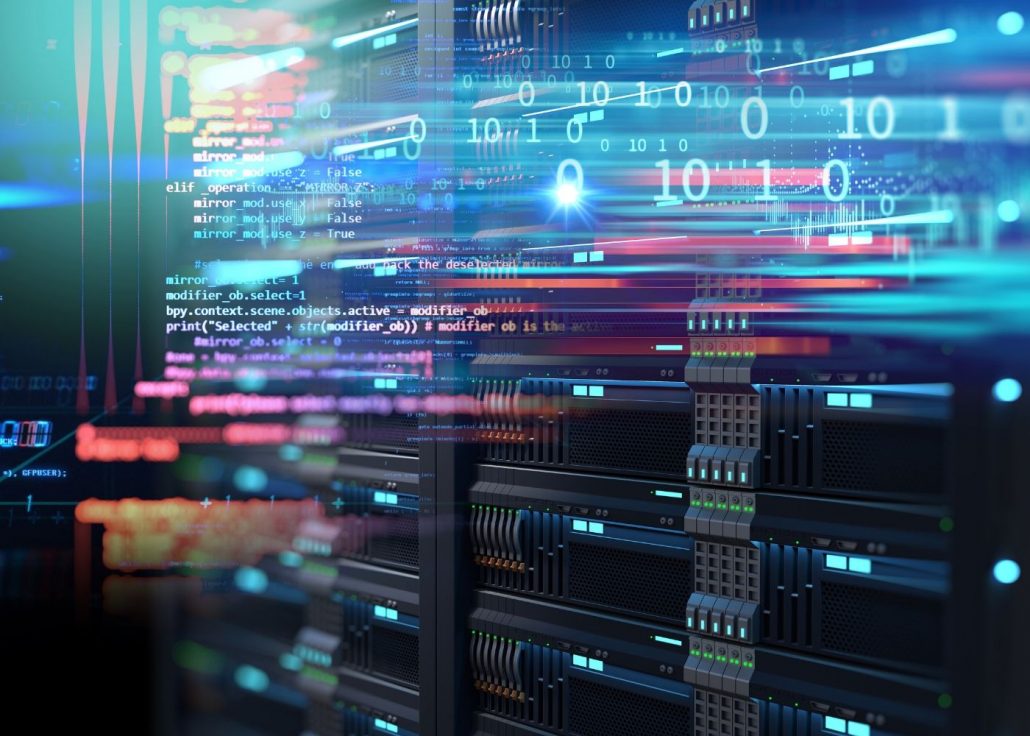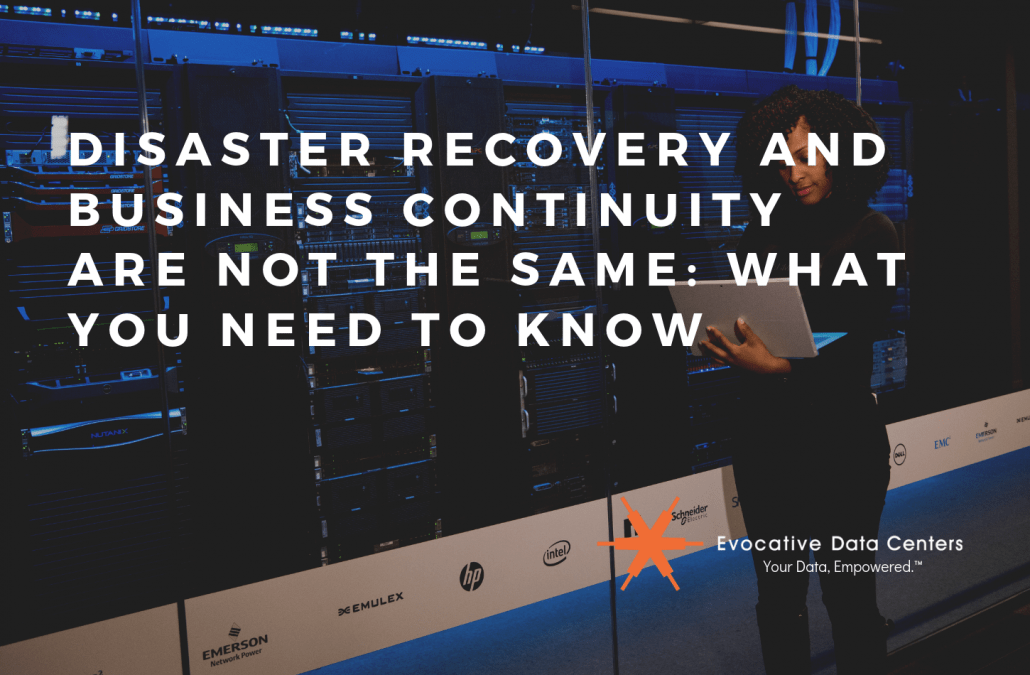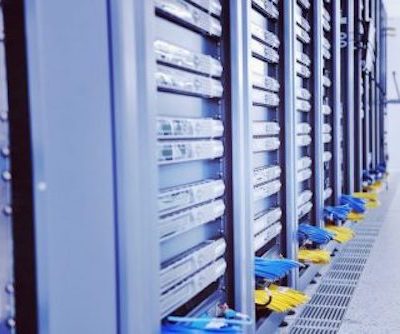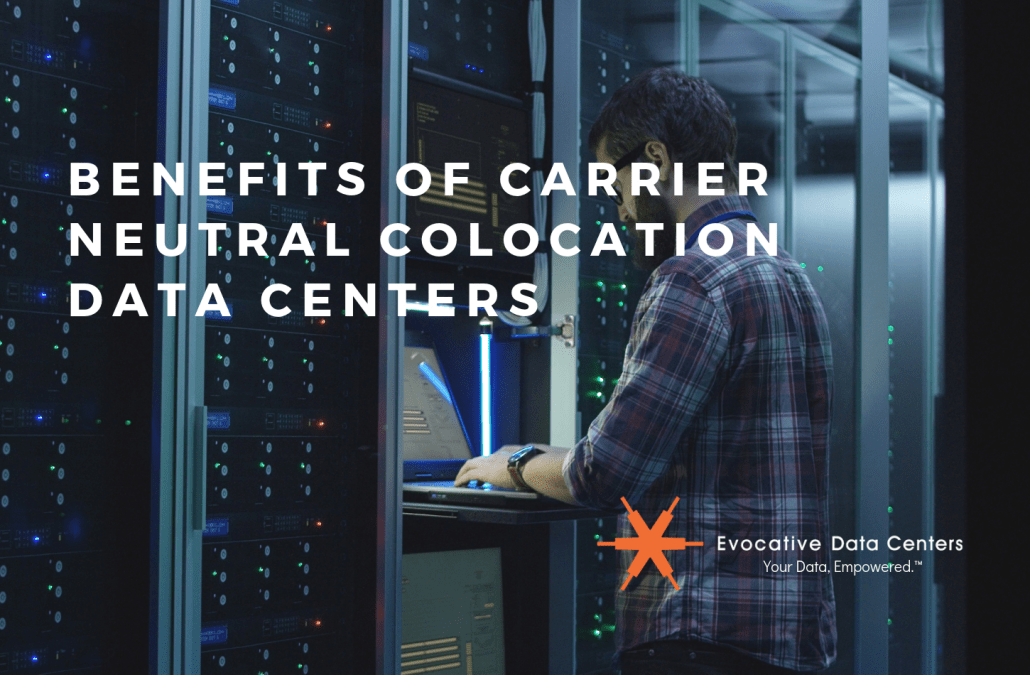West 7 Center Ready to Enable International Connectivity in Growing Asian Markets
Los Angeles – March 29, 2018 – Rising Realty Partners (Rising), a full-service investment platform specializing in creating world-class commercial and industrial properties, announces that its West 7 Center is strategically positioned to support carriers, OTTs, and enterprises looking to expand into growing Asian markets. With over 16 global and domestic carriers on-site and 172,000 square feet of space available, the Tier III facility offers prospective clients an attractive and reliable gateway to Asia.
West 7 Center is a Tier III Datacenter Facility
West 7 Center is a Tier III datacenter facility built with mission critical infrastructure, 24/7 on-site engineering and security support in the heart of Los Angeles. The facility has nine (9) floors of office space and 340,000 RSF of datacenter space on three (3) subterranean levels that are supported by the Building’s two (2) central plants with a total of 16.9 MW of generator backed power, 3,000 kW of Building UPS power and 9,000 tons of cooling capacity for telecom, mission critical, co-location and datacenter operations.
Currently, West 7 Center has approximately 13 MW of emergency power and 172,000 sq ft of space available. The building has undergone significant upgrades in order to keep up with the ever-changing technology environment. Learn more about West 7 Center’s infrastructure and services.
Rising Realty Partners
Rising Realty Partners is a full-service investment and operating platform specializing in creating world-class commercial and industrial properties. With over 3M SF under management, Rising approaches real estate investing and operating by focusing on three fundamental areas of impact that have proven to create value: environmental, technological, and social.
Rising’s team of entrepreneurial, innovative facilitators has a depth of understanding and surpassed track record in identifying prime investment opportunities. Please visit risingrp.com for more information.
About Evocative
Evocative it a North American company and an owner and operator of secure, compliant, highly available data centers. We are the trusted guardians of our clients’ Internet infrastructure. To tour an Evocative data center or receive additional information on data center services.

